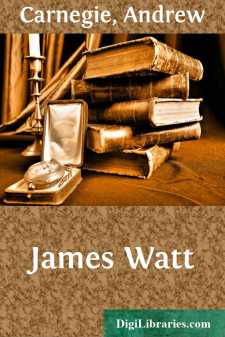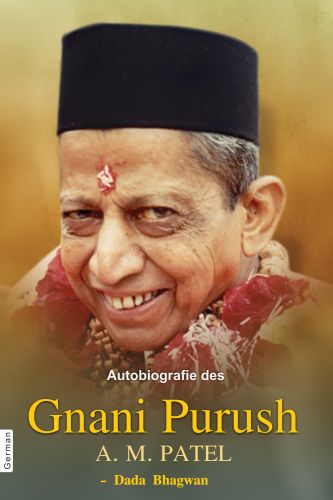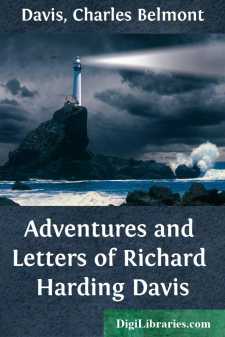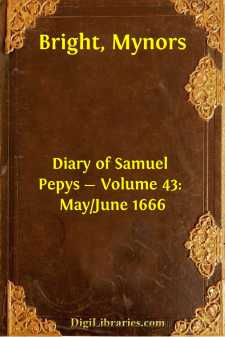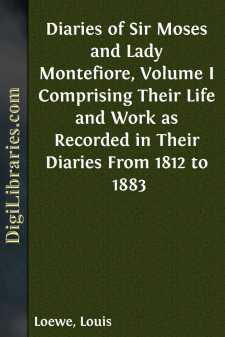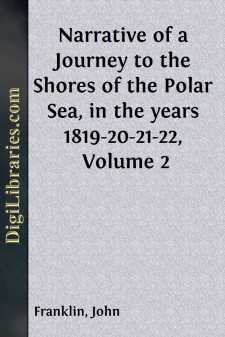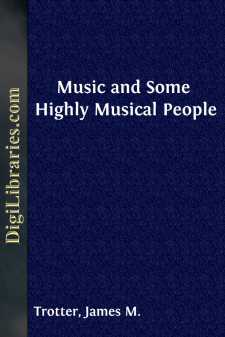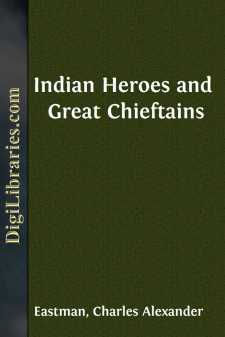Biography & Autobiography
- Adventurers & Explorers 15
- Artists, Architects, Photographers 16
- Business 2
- Composers & Musicians 14
- Criminals & Outlaws 5
- Editors, Journalists, Publishers 6
- Educators 1
- Entertainment & Performing Arts 3
- General 73
- Health, Exercise & Fitness 1
- Historians 3
- Historical 83
- Law Enforcement 1
- Lawyers & Judges 3
- Literary 147
- Medical 7
- Military 48
- Naturalists, Gardeners, Environmentalists 8
- Personal Memoirs & Diaries 226
- Philosophers 3
- Political 9
- Presidents & Heads of State 38
- Religious 38
- Rich & Famous 27
- Scientists 13
- Women 31
Biography & Autobiography Books
Sort by:
PREFACE This monograph could not have been written—in the intimate sense—if the Dowager Countess Russell had not extended a confidence which, I trust, has in no direction been abused. Lady Russell has not only granted me access to her journal and papers as well as the early note-books of her husband, but in many conversations has added the advantage of her own reminiscences. I am also indebted in...
more...
by:
Andrew Carnegie
CHAPTER I Childhood and Youth James Watt, born in Greenock, January 19, 1736, had the advantage, so highly prized in Scotland, of being of good kith and kin. He had indeed come from a good nest. His great-grandfather, a stern Covenanter, was killed at Bridge of Dee, September 12, 1644, in one of the battles which Graham of Claverhouse fought against the Scotch. He was a farmer in Aberdeenshire, and...
more...
by:
DadaBhagwan
Es war gegen sechs Uhr abends im Juni 1958, als ein gut gekleideter Herr mit einem schwarzen Hut auf einer Bank am Bahnsteig Nummer drei des Bahnhofs von Surat in Gujarat saß. Auf dem Bahnsteig herrschte reges Treiben, und die Züge der anderen Linien fuhren. Er hatte gerade vor Sonnenuntergang zu Abend gegessen und wartete auf einen anderen Zug, der ihn nach Vadodara bringen sollte. Sein Name war...
more...
CHAPTER I Richard Harding Davis was born in Philadelphia on April 18, 1864, but, so far as memory serves me, his life and mine began together several years later in the three-story brick house on South Twenty-first Street, to which we had just moved. For more than forty years this was our home in all that the word implies, and I do not believe that there was ever a moment when it was not the...
more...
by:
Mynors Bright
DIARY OF SAMUEL PEPYS. MAY & JUNE 1666 May 1st. Up, and all the morning at the office. At noon, my cozen Thomas Pepys did come to me, to consult about the business of his being a justice of the Peace, which he is much...
more...
by:
Louis Loewe
CHAPTER I. BIRTH OF SIR MOSES MONTEFIORE AT LEGHORN—HIS FAMILY—EARLY YEARS. The neighbourhood of the Tower of London was, a hundred years ago, the centre of attraction for thousands of persons engaged in financial pursuits, not so much on account of the protection which the presence of the garrison might afford in case of tumult, as of the convenience offered by the locality from its vicinity to...
more...
by:
John Franklin
CHAPTER VIII. — 1820.September. During our little expedition to the Copper-Mine River, Mr. Wentzel had made great progress in the erection of our winter-house, having nearly roofed it in. But before proceeding to give an account of a ten months' residence at this place, henceforth designated Fort Enterprise, I may premise, that I shall omit many of the ordinary occurrences of a North American...
more...
by:
James M. Trotter
A DESCRIPTION OF MUSIC."In the storm, in the smoke, in the fight, I comeTo help thee, dear, with my fife and my drum.My name is Music: and, when the bellRings for the dead men, I rule the knell;And, whenever the mariner wrecked through the blastHears the fog-bell sound, it was I who passed.The poet hath told you how I, a young maid,Came fresh from the gods to the myrtle shade;And thence, by a power...
more...
by:
James Harrison
THE LIFE OF LORD NELSON,DUKE OF BRONTE, &c. In tracing the history of a hero so active as Lord Nelson, the mind can scarcely be allowed a moment's pause. His multifarious transactions, indeed, frequently arise in such rapid successions, that they become far too much involved with each other to admit of any precise chronological arrangement. Operations are commenced, which cannot always be...
more...
RED CLOUD EVERY age, every race, has its leaders and heroes. There were over sixty distinct tribes of Indians on this continent, each of which boasted its notable men. The names and deeds of some of these men will live in American history, yet in the true sense they are unknown, because misunderstood. I should like to present some of the greatest chiefs of modern times in the light of the native...
more...



